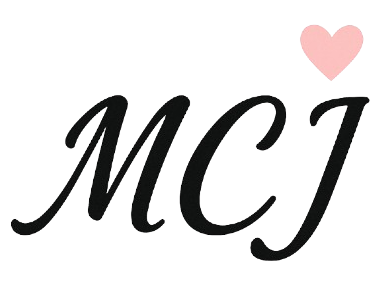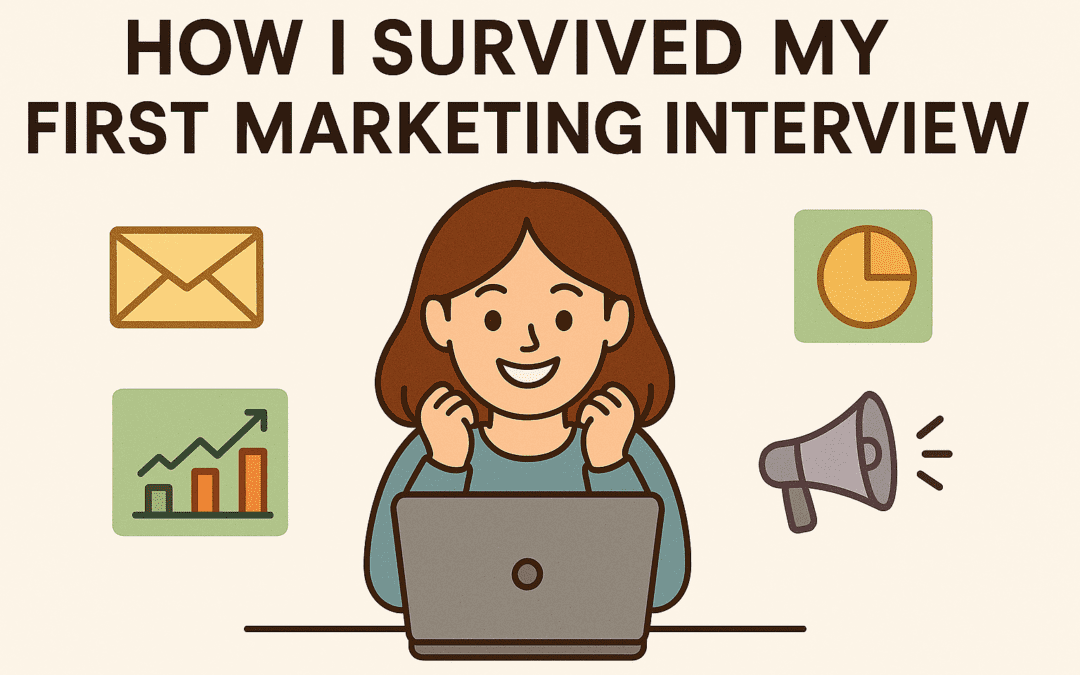When you study something that’s not directly related to your current career path, like I did with nutrition, the road to landing a marketing job can feel like a bit of a detour. But as soon as I made the decision to transition into marketing, I knew I had to be fully prepared for my first interview. Even though my background wasn’t in marketing, I was determined to prove I had the skills and passion to succeed in the field. The experience taught me a lot, and looking back, there are a few things I would do differently.
1. Prepare Beyond the Basics
The biggest mistake I made was thinking that knowing about the company’s mission and values was all I needed to know. While that’s important, it’s not enough to stand out in a marketing interview. Coming from a nutrition background, I wasn’t as familiar with marketing trends, tools, or case studies, so I focused heavily on just the basics. What I missed was diving deep into how marketing strategies are built, how to measure success, and how to think critically about campaign outcomes.
Lesson: Go beyond surface-level research. Understand the company’s marketing strategies, challenges, and successes. Think about how you would approach similar challenges.
2. Know Your Marketing Metrics (Even if You’re Not a Marketing Expert)
One thing I hadn’t prepared for was the heavy emphasis on marketing metrics. Coming from nutrition, I was used to data analysis, but the types of metrics that matter in marketing (like KPIs, conversion rates, and ROI) were unfamiliar. I could have used a little more practice talking about these metrics confidently.
Lesson: Learn the key marketing metrics and how they directly affect the success of campaigns. Familiarize yourself with these terms so you can speak about them without hesitation, even if you’re new to the industry.
3. Passion and Enthusiasm Go a Long Way
When you’re transitioning from one field to another, showing genuine passion for your new path can be just as important as your experience. In my case, I had to prove that even though my background was in nutrition, I was fully invested in the world of marketing. At first, I focused too much on proving my technical skills and not enough on expressing my passion for marketing and what drew me to it.
Lesson: Don’t just focus on your skills and qualifications—let your enthusiasm for marketing shine through. Make it clear why you’re excited about the role and how your unique background brings a fresh perspective.
4. Be Ready to Talk About Transferable Skills
As someone coming from a completely different field, I felt like I had to convince the interviewers that my previous experience was relevant. My background in nutrition taught me how to analyze trends, understand consumer behavior, and communicate effectively—skills that are just as valuable in marketing. However, I didn’t do enough to link these skills to marketing tasks in my responses.
Lesson: Reflect on your previous experiences and identify transferable skills that can add value to your new role. Connect the dots between your past work and the job you’re applying for.
5. Be Honest About What You Don’t Know
Coming into marketing from a different field, I naturally didn’t have all the answers. In some instances, I found myself trying to hide what I didn’t know. But I quickly realized that being honest about my learning curve was better than pretending I had all the answers. Showing my willingness to learn and adapt was actually a strength.
Lesson: It’s okay to admit when you don’t know something. What matters is showing that you’re willing to learn, grow, and take on new challenges.
6. Asking Questions is Just as Important as Answering Them
When I first started interviewing, I felt uncomfortable asking questions, fearing it might seem intrusive or unnecessary. But as I progressed in my marketing interviews, I realized that asking thoughtful questions shows your interest and engagement. It’s an opportunity to find out whether the company and the role are the right fit for you.
Lesson: Never underestimate the value of asking insightful questions. It helps you gather information and shows your enthusiasm and initiative.
7. Imperfection is Part of the Process
Not everything went perfectly in my first interview, and that’s okay. I made a few mistakes, fumbled through some answers, and felt nervous. But instead of letting it derail me, I learned to keep my composure and focus on what I could control. In the end, the interview wasn’t about perfection—it was about showing who I am and what I can bring to the table.
Lesson: Don’t stress over small mistakes. What matters most is your attitude and how you handle challenges.
Conclusion
Surviving my first marketing interview was an exciting and valuable experience. Even though I came from a background in nutrition, I was able to show that I had the passion and transferable skills to thrive in marketing. Looking back, there are certainly things I would have done differently, but those lessons have made me more confident in future interviews.
If you’re transitioning into marketing from a completely different field, don’t let that discourage you. With the right preparation, a positive attitude, and a willingness to learn, you can make the jump just like I did.

